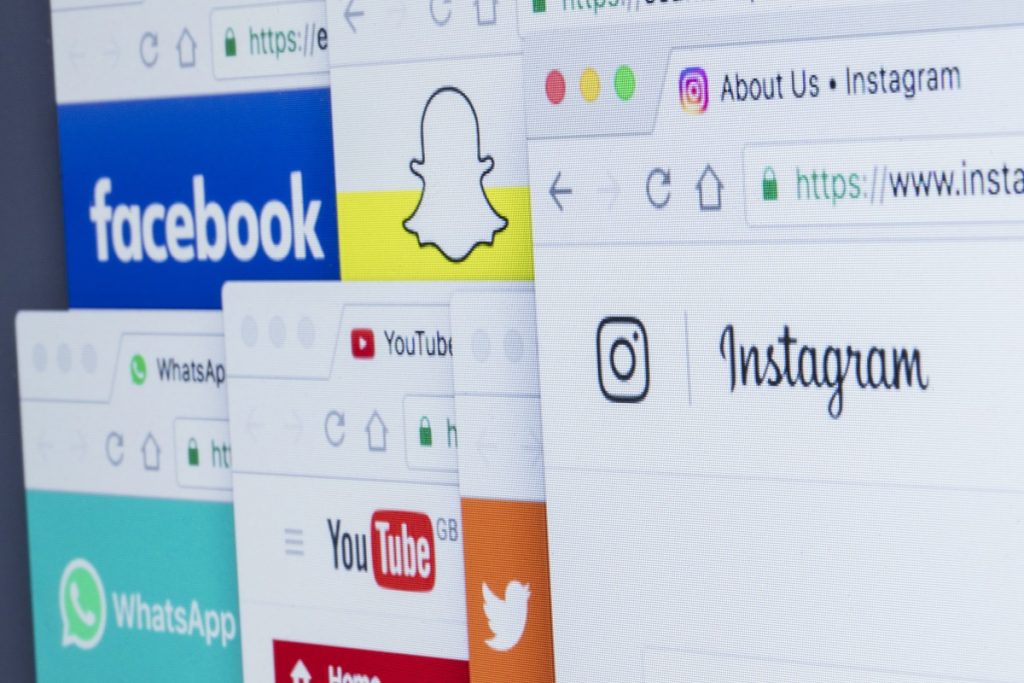We are not foreign to the idea of talking about our days on social media. When you scroll through Twitter, you will see people’s latest rants and possibly a “live tweet” of literally what is happening at the moment. When you open Instagram, thousands of “stories” will tell you what your friends did and who they were with.
It is in these features that people tend to throw away the dangers of oversharing. A survey found that “40 percent of Internet users between the ages of 18-35 have regretted posting personal information about themselves.” 66 percent of the youth say that other people their age do not have a sense of privacy when it comes to online activity. This number is alarming, especially because 24 percent of Americans accept friend requests from “those they don’t particularly like”—and at times, strangers.
What are the dangers of oversharing on social media?
- Employment and education risks. The pattern of digging up past tweets from influencers and celebrities can very much happen with normal people. What is worse is that normal people cannot simply post an apology note or a video of them crying. These people face real-life consequences that put their jobs and education at risk.
- Strangers knowing too much about you. When your account is public, you will never know who can see your posts. Therefore, be careful when posting your whereabouts because unexpected encounters may put you in danger.
- Beware of fake accounts. Recently, a surge of dummy Facebook accounts proliferated in the Philippines. These accounts took the names of actual people. Although no photos were uploaded or information spread, this is a threat because of a looming bill that endangers critics. These fake accounts can use the information they find online to create a compellingly real account and steal a person’s identity.

“Data privacy is a myth at this point.”
This nihilistic view of the world wide web is more dangerous than people think. This complacency may be attributed to Zoom allegedly recording calls, FaceApp keeping your images, or the FBI looking at you through your webcam. Even then, just because people openly share information, photos, and videos on the Internet does not mean they should not be vigilant with their data. At the very least, one must give the benefit of the doubt so that they can take data loss prevention solutions.
Here are simple things everyone can practice to keep their accounts safe:
- Two-factor authentication. Before you log in, the app or the website sends a code to another device to make sure that the right person is gaining access.
- Do not accept terms and conditions so freely. People know barely anyone reads this, so it is easy to sneak in privacy violations in the text. It is best to evaluate the credibility of the website before agreeing to anything.
Above everything, think twice before sharing anything on the Internet. Will this harm anyone? Will this give away private information? How can it be taken against yourself or anyone? Remember that things might be buried there, but they tend to last forever.
